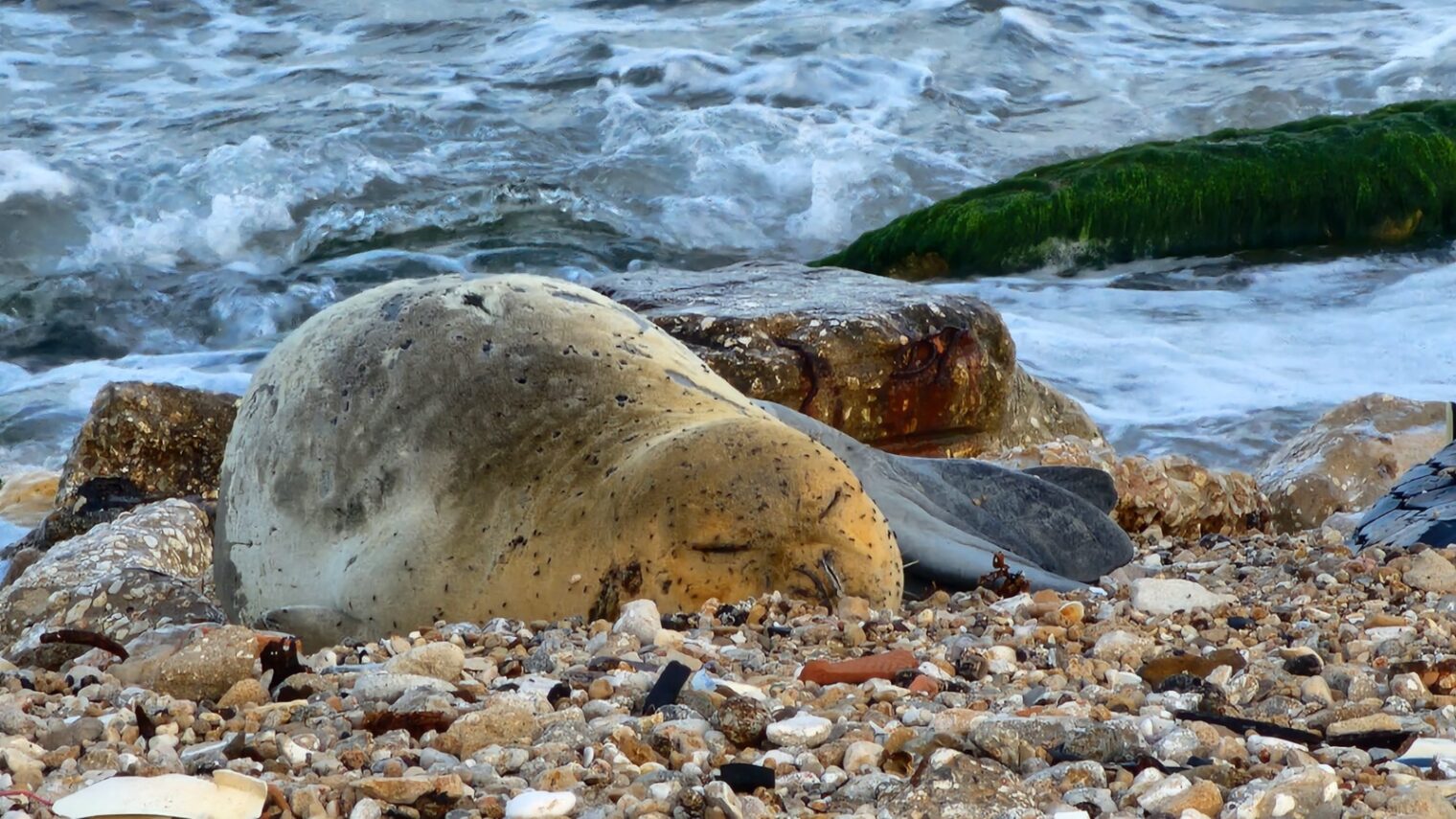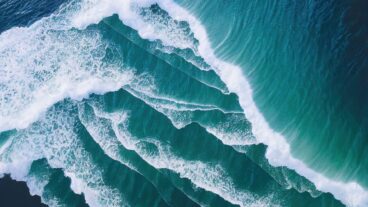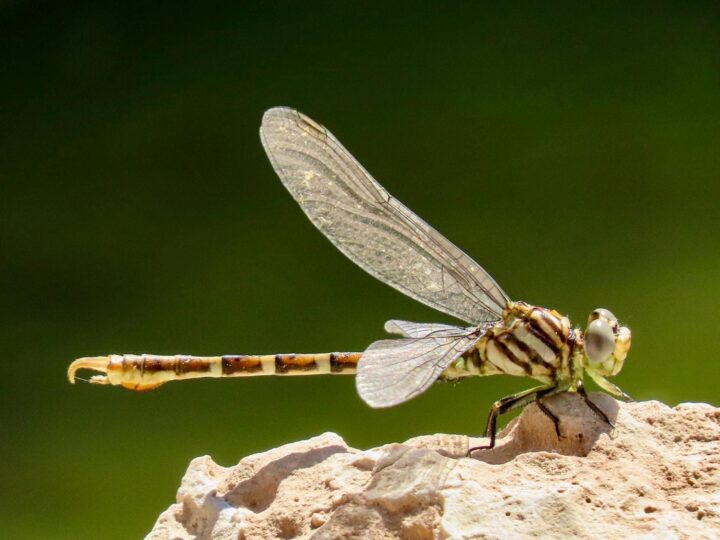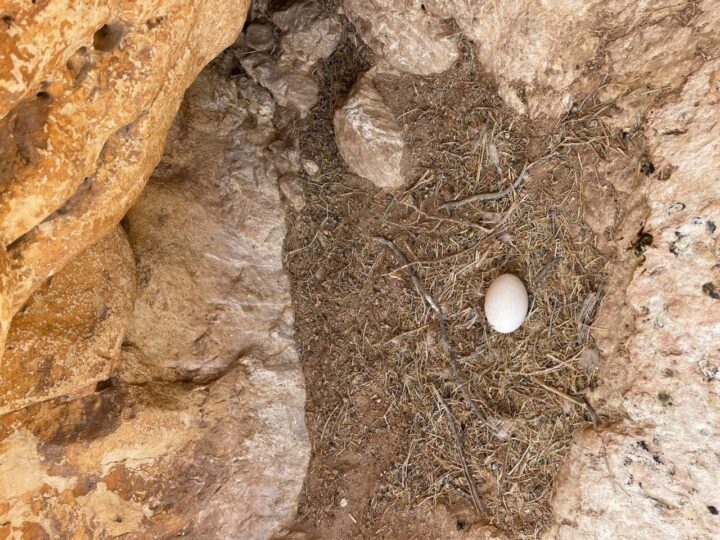It’s not every day that a Mediterranean monk seal comes ashore in Israel. In fact, there’s no record of that ever happening. Until now, when a female monk seal nicknamed Yulia decided to make a popular Tel Aviv beach her home for a few days.
“Having a female monk seal, or cow, here on the beach is a mega-rare event that even fishermen over the age of 90 don’t remember previously happening,” explains David Halfon, a marine ranger at the Israel Nature and Parks Authority.
“She arrived at the Givat Aliyah Beach between Jaffa and Tel Aviv last Friday, and then she was found by a cute kid that prevented other curious children from getting near her, and he’s also the one who decided to call her Yulia.”
In short order, INPA marine rangers arrived at the scene to ensure that people keep their distance from her on this very lively beach.
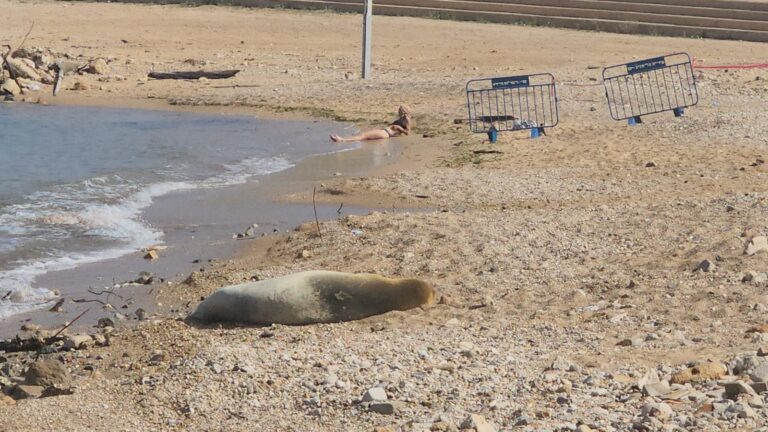
“Since then, we’ve stayed here 24/7 to ensure that this distance is kept,” Halfon adds. “It’s alright for people to be a few dozen feet away, but if people would get nearer, make a noise or try and get a picture really up close it would bother her.”
Yulia, it appears, is doing fine, and is therefore not receiving any particular treatment while she relaxes on the beach.
Last seen in Turkey
“The fact that a monk seal reaches an open beach like the one in Jaffa is a little unusual, so it was important for us to understand if everything’s alright,” says University of Haifa marine researcher Aviad Scheinin, head of the dolphin and sea center at Delphis, an NGO that advocates for marine mammals.
Delphis contacted researchers and colleagues around the Mediterranean, only to learn that Turkish researchers were already familiar with Yulia, having first spotted her as a young adult back in 2007, making her around the age of 20.
“She has a unique scar on her back. It’s easily identified, and so they identified her right away,” Scheinin tells ISRAEL21c. “Apparently, she specifically really enjoys being on open beaches. There’s lots of documentation of her on open beaches in Turkey on social media.”
Yulia stopped over in Lebanon back in 2019, and was last sighted in Turkey this winter.
Cave dwellers
The reason it’s so odd that Yulia decided to sunbathe on an open beach is that Mediterranean monk seals usually live in caves.
“Back in 2000, Mediterranean monk seals were declared a critically endangered species because there was a significant downward trend in terms of their population,” Scheinin says.
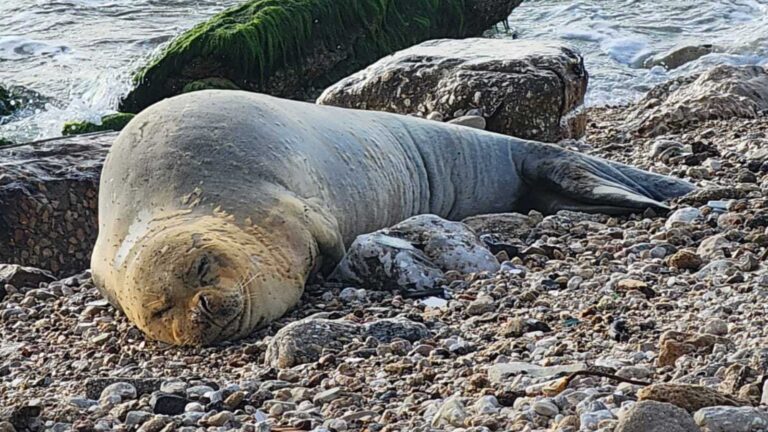
Monk seals are the only seals that can be found in tropical or subtropical waters, he explains. The trouble is that people in such areas were exposing the seals to dangers such as getting caught in fishing nets.
“In order to survive mankind in the Mediterranean, they began looking for caves to live in. That’s how they managed to survive the damage caused by people,” Scheinin explains.
“Following the gloomy forecast in 2000, many conservation initiatives took off, especially in Greece and Turkey, which is where the core of the eastern Mediterranean population resides. Happily, these initiatives are working relatively well, and the population is rehabilitating itself. The seals are now only an endangered species, not a critically endangered one, so it’s a positive trend.”
Monk seals began being observed in Israel in 2010, after some 50 years of no sightings, Scheinin notes.
“Between 2010 and now, we’ve had about 100 reports of seals, but each one was only for a short period of time – a day or two – and almost all of them were in the water.”
We want monk seals
Last February, Delphi launched a campaign called “We want to return the Mediterranean monk seals to Israel.” The organization’s aim is to restore caves in the Achziv Nature Reserve in northern Israel as habitats for monk seals.
“And then, as if by magic, Yulia lands on the beach in Jaffa exactly three months after we launched the campaign,” says Scheinin.
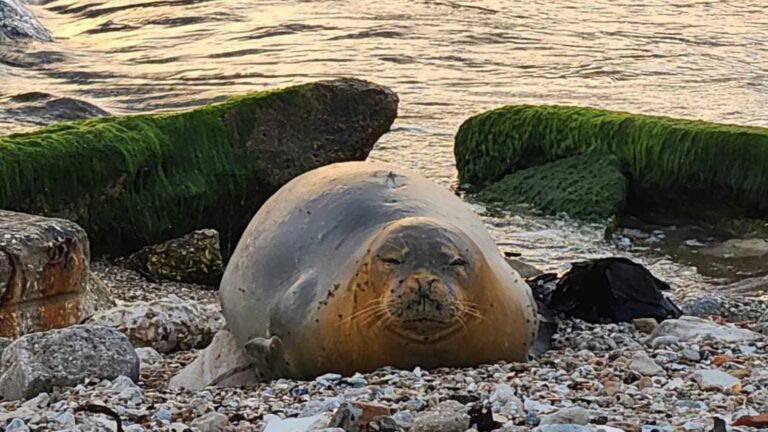
“We’re in touch with vets from Greece, Italy and Israel who have experience with monk seals. We assess her situation every morning, sending them a three-minute film for them to understand how her breathing is doing, whether she has any secretions and how she’s behaving.”
INPA’s Halfon says she may be moulting – shedding her outer skin before summer.
“We’re just ensuring that we’re giving her the time that she needs on the beach, and we expect that she’ll be here for another few days,” he tells ISRAEL21c.
“Right now, she’s just chilling on the beach. She’s gone out a few times to the sea at night. On Sunday night, for example, she was in the sea for eight hours; she might have gone out to eat.”
Should you ever chance upon a marine mammal on the beach, Halfon adds, make sure to keep it safe.
“Call the authorities at once, stay away, don’t let anyone near and make sure to keep dogs on a leash. You need to ensure that the animal doesn’t experience any kind of stress.”




